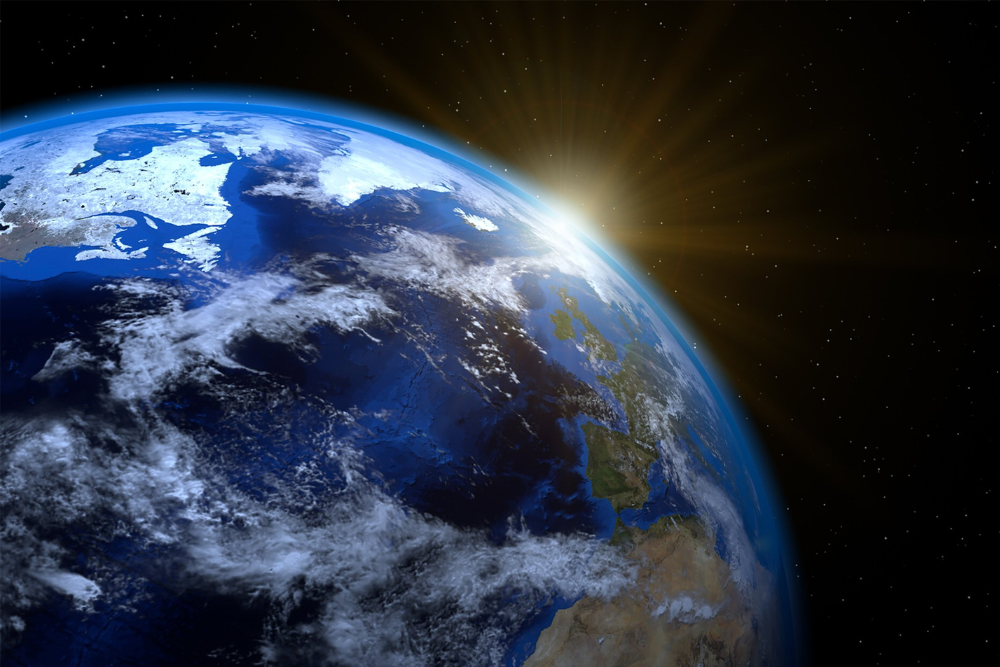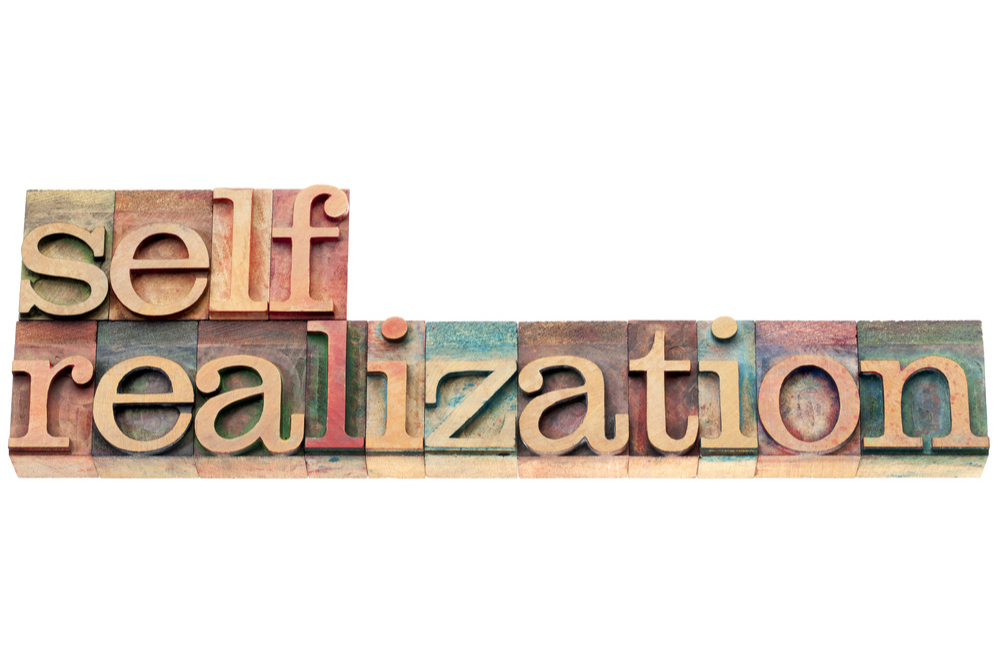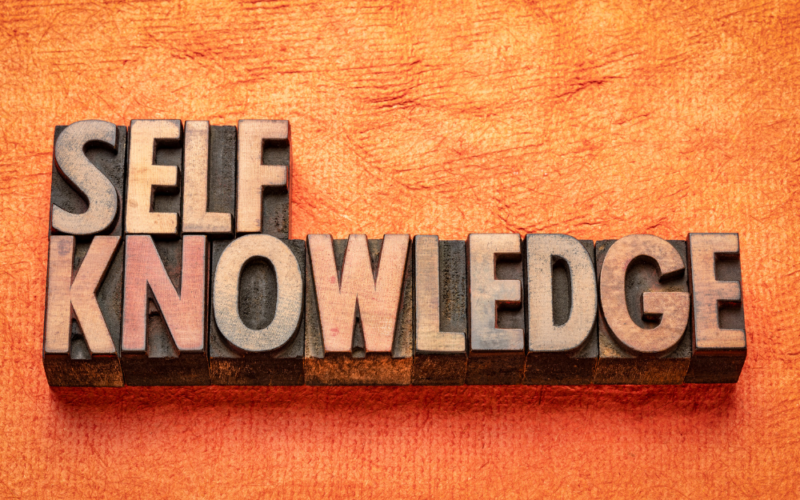“ Better keep yourself clean and bright; you are the window through which you must see the world. ”
— George Bernard Shaw
By and large the mankind has always has been reluctant to turn its gaze upon the mystery of inner life. Instead, it has always been eager to reach out to the distant planets and to survey the outer world of matter and motion. That’s why Astronomy was the first science to receive attention from Man, whereas Psychology and now Genetics have been the last ones. Thus man’s knowledge has progressed from external to the internal even though it is difficult to describe where the frontier of one gives way to the other. Apart from satisfying his curiosity about the nature of things, man’s favourite pursuit has been adjudging and evaluating the world in line with his likes and dislikes and accordingly characterizing the changes he notices as beneficent or malevolent. This approach has led him to the conclusion that his world is an inevitable collection of happenings dictated by the iron-law of necessity and therefore there are some aspects of life which man can never control.
There are some who, after searching deeply, have been convinced that this is in any case the best of all possible worlds and thus accept it for what it is worth. They try to adjust themselves to it. For example Marx, after becoming convinced of the futility of understanding the world, advanced to coordinate human effort to change it, as if one could ever hope to change the world without understanding it. On the extreme end of this spectrum are those like Browning who hold that “God’s in His heaven and all is right with the world”, thus stressing that man does not need worry about a situation which is so very beneficent in its own right. Both Marx and Browning have a point but their views do entail some dangerous implications. As I have stressed in some of the previous writings, the fundamental truth about human life is its responsibility to history. However, a man can only be held responsible for what happens if he possesses the capacity to alter the course of history. It is this endless quest of man to realise his ideals that sets him apart from all other forms of life. Therefore, it is supremely important to place man in the heart of the ‘responsibility to the world’ and all designs to dethrone him in the name of religion or something else must be resisted. Unless man takes his rightful place and puts together all the conflicting forces within him it is difficult to expect to engineer any dominant change in his world.

Mostly we see the world only to which our being responds, thus seeing the world merely as a projection of our own being with our hopes and fears writ large on its canvas. The significance of the world reveals itself to us only to the extent to which we are inwardly prepared to receive it. As we move from one level to the other the world around us also alters its appearance. For example when we are young and alive the world appears lifeless and as we age along, with the decline of life forces in us, the world outside begins to strike as more active and alive than before. Just as Plato expressed, “it is not the eye that sees, it is the I that see.” Ghazali, a Muslim mystic of the eleventh century explained that not only our perception but also our knowledge is a function of our being. No wonder, therefore, that a man who lives consciously and experiences the release of creative urge within himself sees the unfolding of very promise of life which he experiences within the depths of his being. This awareness imparts him responsibility and aims for his active involvement in history. Such a man endeavours to change himself for the world around him to render itself better in the bargain.
I have always felt that it is only by my personal growth that I can change the world around me for better. This I am not a hostage to what the philosophers describe as the dilemma of man’s ‘subjectivity. I cheerfully accept the fundamental state of my being and instead of attempting to escape it I try to be respectful towards it. I believe that all truth reveals itself to us as a personal truth. My subjectivity has become more elastic as my conscious has broadened and has become more agile and all my experiences become the projections of my personality within confines of my subjectivity.
The position assigned by worldly thinking to man in the scheme of things has often been a peripheral one, with his coming into being as a result of a fortuitous encounter between some indifferent essential cosmic forces. But man’s increasing power over the forces of nature has instilled the realization that there is something of transcendental importance within man, capable of understanding and mastering those forces. Thus, even though, to start with, he may be a child of necessity, the in-break of the powers of liberty and the resulting transformation of the Old Adam have enabled him to become the master of his fate. With the man’s mastery over nature and the advances made by him in sciences, the question of providing man with inner resources with which to take real pleasure in life has become more important. Whatever man’s goals for achievement, discovery, or adventure, he has anyhow to come back to and live with himself.
I see this return by man to himself completely manifested in my idea of the sage, which is embodied by those few in our times who have thought over life and its basic problems. For most of the last century man wanted nothing but to get on in the world. The modern man is more eager to respond to his ideal of a human being because he is more integrated in many respects. Genetic sciences have made it easier for him to affirm most practical aspects of life because it is easier to understand them merely as variations on the theme of that fullness of life which man has already discovered within himself. For an evolved modern man, all appearances of life have become transparent and he lovingly accepts them. Similarly, he takes stand on his essential freedom and creativity to be able to manipulate knowledge, machines, and technology in the service of life. The man, thus, is less a prey to the contagions of external allurements than, let’s say, a hundred years ago.
Today, man, in larger numbers than ever before, realizes that his highest doings reside in ensuring the development of his inner self. He is beginning to see the vainness of being dominated by the mere externals of life and is, instead, out to master the externals of life to make them obedient to the hidden forces of his inner being. He understands that who he is remains more important than what he does or says. This ability to develop his personality through self-study provides him with a sense of security in the world. A man who has mastered himself is not held hostage by fear and doubt and knows that the vicissitudes of worldly fortunes can surely lash against the outer tassels of his being but cannot shake the inner life he has built for himself.

Regarded from the outside there is very little difference between the life of an ape and the life of an Einstein as there is not a huge differentiation in their external activity. What distinguishes them is the inner dimension of their being as one’s is a life which is lived unconsciously propelled by mechanical instincts and the other is living cosmically in affording a transparent medium of light to influence world with his intellect and utterances. This reminds us to avoid blind devotion to the gospel of ‘success’ unless we have clearly defined the meaning of success to us in keeping with our inner being. Such success is ‘self-realization’. The history has repeatedly shown that those who fly in the face of the world to the point of finding themselves flung on the Cross, become decisive figures in world History. A Christ, a Socrates, a Buddha succeeds beyond the wildest imaginations of his times. The man, particularly in the West, is ever more coming to realize that what we attempt to retain we lose and only what we give away becomes something that can never be taken away from us. Man, today, is able to better relate to his own place in the scheme of things with scientific knowledge as a discoverer of the nature of reality. Our age is growing to be ever more an age of introspection. Man is today more anxious to know himself as he is realising that within his inner depths the entirety of world’s life gets submerged. He knows that the path to world-dominance lies through ‘self-knowledge’. He is endeavouring to wake up, to be liberated from the hold of motorized instincts. This process of self realization through self-knowledge is the path of an evolved man.







